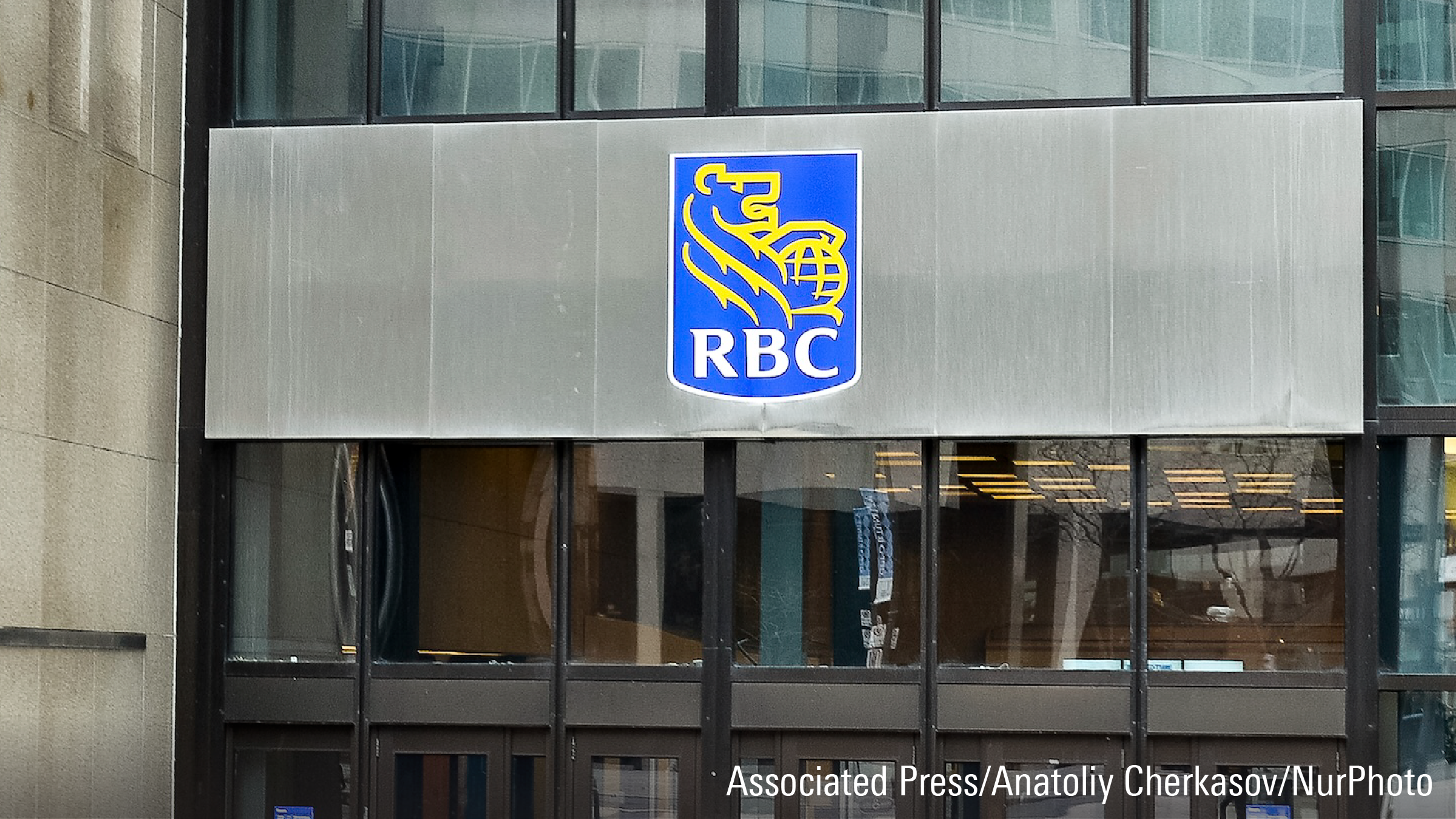
The holiday season is well and truly underway if the U.S. Thanksgiving and Black Friday sales numbers are anything to go by. Americans went on a shopping spree, clocking a staggering US$9.3 billion in spending during Thanksgiving Day and Black Friday online sales respectively as they snapped up holiday deals.
The holiday season’s promising start defied high inflation that has been crimping the purchasing power of consumers. This bodes well for leading retail names as they gear up for the year-end festive season.
For opportunistic investors, this may be a good time to look at the following retail heavyweights that are the biggest beneficiaries of the holiday shopping season. These companies boast a vast global presence, robust competitive advantage, and are well-aligned with changing shopping patterns and consumer tastes.
Retail giant, Walmart (WMT) operates over 10,500 stores selling a variety of general merchandise and grocery items. The company derives 82% of sales from the home market, while Mexico and Central America (6%) and Canada (4%) bring in most of the rest. In the U.S. at the namesake banner, around 56% of sales come from groceries, 32% from general merchandise, and 11% comes from health and wellness items.
America’s largest retailer by sales also operates several e-commerce properties including Flipkart and shoes.com, Wal Mart also owns about 10% stake in Chinese online retailer JD.com.
“With unrivalled scale, prodigious procurement strength, a strong brand, and a growing e-commerce platform, Walmart is the only American retailer that can compete comprehensively with Amazon’s retail offering,” says a Morningstar equity report.
Walmart boasts a dense store network, deep vendor relationships, and established brand - factors that have helped WMT hold its own against the onslaught of rival Amazon. “Walmart’s size allows it to dictate terms, enabling it to control procurement costs while ensuring its assortment is optimized for all channels,” says Morningstar equity analyst, Zain Akbari, who recently raised the stock’s fair value from US$138 to US$139, reflecting better than expected second-quarter sales.
The company has made a significant push into digital, evidenced by the fact that e-commerce now accounts for about 13% of sales.
“While the retail sector has been roiled by digitization and under constant pressure as Amazon builds scale, Walmart is uniquely positioned to compete with the digital juggernaut head-on,” says Akbari.
Online retail major, Amazon (AMZN) is one of the highest-grossing e-commerce aggregators, with US$386 billion in sales in 2021. Retail accounts for approximately 80% of the total revenue, followed by Amazon Web Services' cloud computing and storage (10%-15%), advertising services (5%), among others. International segments represent 25%-30% of Amazon's non-AWS sales, led by Germany, the U.K., and Japan.
Amazon dominates markets where it offers e-commerce and cloud services. The firm benefits from numerous competitive advantages and has emerged as the clear e-commerce leader owing to its size and scale. “The secular drift toward e-commerce continues unabated with the company continuing to grind out market share gains despite its size,” says a Morningstar equity report.
Amazon’s subscription service, Prime, ties its e-commerce efforts together and provides a steady stream of high-margin recurring revenue. Amazon Prime customers purchase more frequently from Amazon’s properties, says Morningstar equity analyst Dan Romanoff, who puts the stock’s fair value at US$150.
“Amazon has been disrupting the traditional retail industry for more than two decades while also emerging as the leading infrastructure-as-a-service provider via Amazon Web Services,” he says.
Through AWS, Amazon is a clear leader in public cloud services. A pioneer in public cloud infrastructure as a service. It enjoys a substantial lead over its closest rival, Microsoft, Romanoff points out.
Although it represents 10%-15% of revenue, AWS has driven profitability for the entire company, generating 60%-65% of the total operating profit for Amazon.
Largest consumer electronics retailer in the U.S., Best Buy (BBY) rang up US$51.8 billion in fiscal 2022 sales.
“We believe Best Buy is taking adequate steps to shore up its competitive position in an intensely competitive consumer electronics space,” says a Morningstar equity report.
The industry, having recently emerged from the pandemic blow, has been faced by red hot inflation and softening consumer spending. “It has become clear that how people shop has permanently changed,” says Morningstar equity analystSean Dunlop, pointing out that Best Buy has been quick to make strategic changes to align with consumer needs.
The retailer has leveraged its physical footprint for fulfillment and post-sale services, emphasizing its differentiated service offering, and has been testing newer store formats, moving away from the antiquated "one size fits all" retail model, he adds.
Best Buy recently reported strong third-quarter results, with sales of US$10.6 billion and EPS of US$1.22, beating estimates. “Notably, management maintained guidance for its critical holiday fourth quarter but lifted its full-year targets consistent with quarterly outperformance,” notes Dunlop, who lowered the stock’s fair value to US$105 from US$114, prompted by lengthening replacement cycles and consumer belt-tightening amid swelling inflation.
That said, he maintains his low-single-digit long-term average annual sales growth forecast for the retailer and continues to “view shares as attractive despite an 11%-12% share price pop after the [earnings] release."






















